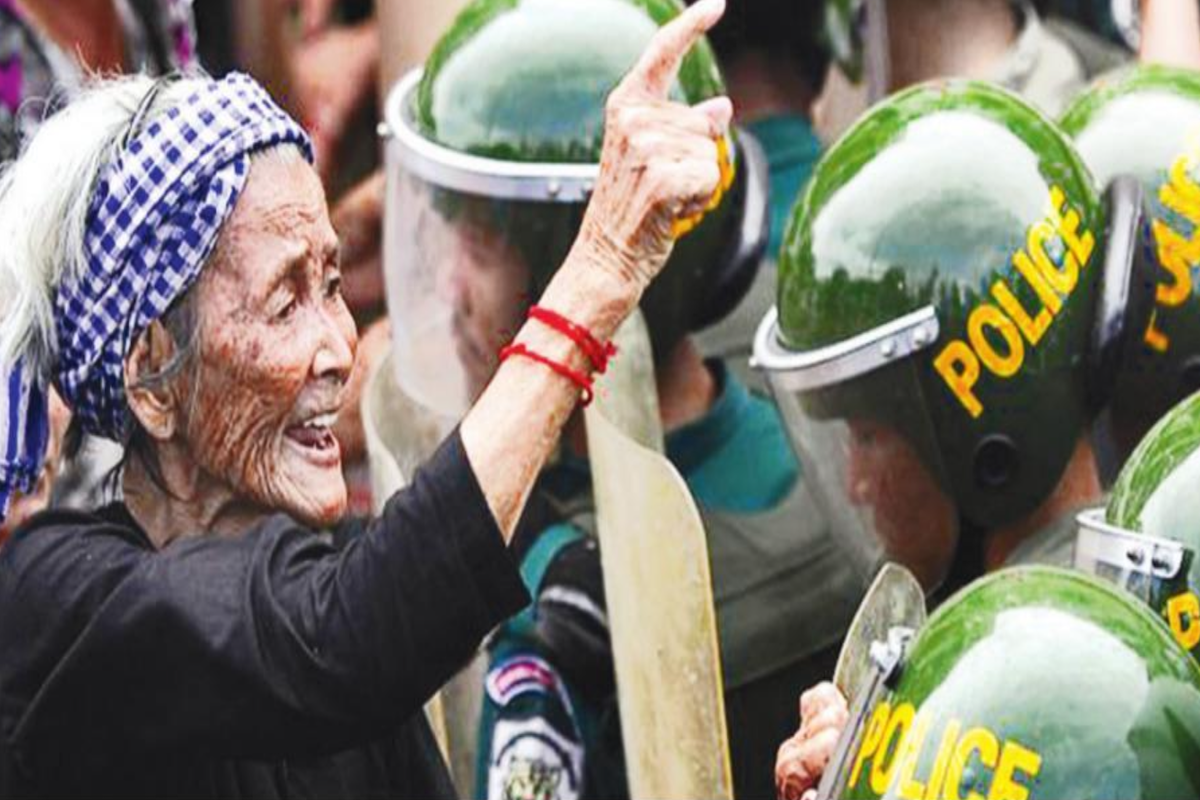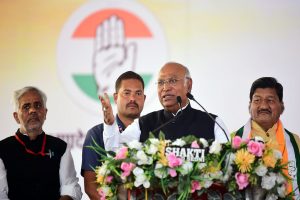Ethnic land rights are highly disputed in all South Asian countries. It has caused social unrest, brutal bloodshed, and even militancy. Cleverly shadowed under political, cultural, and economic narratives, the government’s administrative hegemony over ethnic land remains undiscussed. This arcane administrative system needs serious attention to ensure social equity and justice.
Against a colonial backdrop, land management administrations in South Asia emerged as highly centralized and hierarchical regimes to serve governments as an instrument of implementing policies and enforcing rules. Amid all the bureaucratic paperwork and executive fiat, the systems forgot their primary function – to be an intermediary between government decision-makers and culturally distinct indigenous ethnic minorities. Lack of sensitivity in dealing with cultural diversity has placed the South Asian administrations at odds with indigenous rights.
The work of Elinor Ostrom may help us better understand this issue. Ostrom was the first woman Nobel laureate in Economics, and her research addressed the self-governance and collective interventions of resource-users to establish social equity and justice. She also calls our attention to the importance of autonomy at different administrative levels (e.g., local, provincial, and national) and explains its potential to help enforce rules and policies considering local political, cultural, and economic factors.
Advertisement
Inspired by imperial authoritarianism and utilitarian economic thought, the colonial rulers, when they took over political control of the entire Indian subcontinent, crafted an administrative system efficient for collecting revenues, paying little or no attention to the cultural, economic, and political diversity of the local population. They redecorated pre-colonial land management rules and administrations to make them compatible with their political and economic interests. The colonial government endowed land proprietorship to landlords (i.e. zamindars), who enjoyed absolute authority to collect revenues from their tenants and never considered indigenous self-governance in their policies.
As such, the zamindars functioned as the pseudo-bureaucrats of the colonial government. The administrative consequence of this legal system was the growing distrust between peasants and rule-enforcing public administrators, leading to many indigenous movements. The colonial administration harshly dealt with every such movement, eroding the possibility of building partnership and trust.
That said, all South Asian administrations inherited the legacy of colonial authoritativeness. After the abolition of landlords, the new governments too were reluctant to acknowledge indigenous land rights and kept strengthening their control over land management. Unguided by legal systems, the post-colonial administrations, like their colonial predecessors, have been relishing authority over the indigenous ways of living without attempting to understand them.
Despite several legal initiatives to negotiate disputes with ethnic land claims over the 75 years of post-colonial history, the governments have failed to reorganize public administrations to deal with ethnic rights giving due consideration to their cultural distinctiveness. My research in Bangladesh found that local government administrators lack cultural sensitivity to comprehend ethnic ways of living and their social norms such as matriarchal land inheritance, collective land ownership, Jhum (shifting) cultivation, and dependence on forest lands for livelihood and crop selection, to mention but a few.
Also, governmental decisions on land usage such as agricultural industrialization and designation of forest lands as protected areas without settling indigenous claims, generate tension between the governments and the communities. While implementing the policies or enforcing rules, local-level administrators often experience institutional, legal and policy rigidity to make innovative and autonomous decisions to negotiate with the communities.
The ethnic communities react to administrative practices by modifying their social structure. Duke University Professor Anirudh Krishna found critical changes in community leadership, which have many implications for a better understanding of ethnic communities’ collective reactions to government decisions like the appropriation of communally owned lands and designating them as state property. As the enforcers of rules, the local administrators find many of the community reactions illegal under the terms of existing legal frameworks. Irrespective of the cultural background and indigenous history of land ownership, the local administrators often tighten their grip to hold authority over land management by exercising their fiat over the community leadership.
In South Asia, the interaction between the government administrations and the indigenous communities stays in a vacuum. It can only be filled through transformative changes in the administrative systems and building mutual trust. Acknowledging indigenous land rights in the governments’ legal systems and appreciating cultural sensitivity would solidify cooperation between the communities and the governments.
In summary, South Asian administrative systems are still under a colonial hangover. Whenever the administrations act to reinforce their authoritative gesture, the indigenous communities react either through a peaceful or violent way of demonstrating disagreement with administrative decisions and actions. The absence of mutual trust and partnership has led both parties to take different paths; a bridge can only be built if the current systematic ignorance of ethnic rights in governmental decision-making and administrative practices give way to a more sensitive, decentralized and culturally appropriate policy that puts the ethnic communities at the forefront.
(The writer is a writing fellow with the Fellowship for Freedom in India, and a Postdoctoral Researcher at the Department of Agriculture and Resource Economics, University of Saskatchewan, Canada.)
Advertisement











